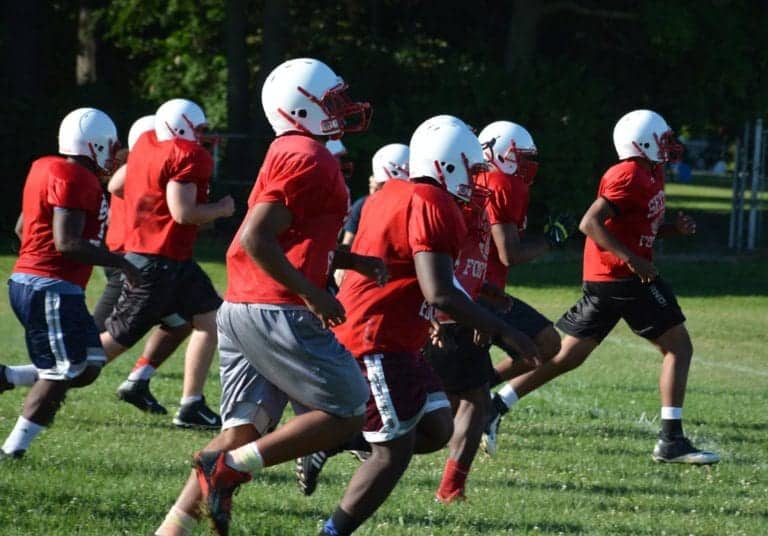Adapting your behavior without compromising your values
One definition is that values are ‘principles or standards of behavior; one’s judgement of what is important in life.
Values and Behavior
Essentially our values are the things that are most important to us. They are things we would never compromise on. And although they are ‘standards of our behavior’, they do differ from our actual behaviors which can be adapted to suit a particular circumstance, without us having to change our fundamental values.
As a Coach, one of our key roles is to create a culture for our athletes based on these values. Recently, I was put in a position where my values, and the culture I was creating with a team of young athletes, was significantly compromised by the administration at this club, and it forced me to make a very tough decision.
This is not an uncommon scenario for Coaches.
For me, I see sport as being a vehicle to teach life skills, an opportunity to participate and to be your best at something. So I had spent five years developing a great culture with my young athletes based on loyalty, being a good team member, being the best person you can be, and always giving 100%. But being your best is not necessarily about winning and this is where the conflict occurred at my club because one of my core values, loyalty, was compromised through a selection process.
Winning is not the ultimate outcome we are looking for, especially in kids sport. Even at an elite level, if you focus on the end result you lose sight of the enjoyment of participating and the wonderful experience of the sporting journey. In youth sport particularly, when you are result focused, you are often left disappointed and frustrated with the experience. Unfortunately we see this a lot and it is one of the reasons why there are significant drop outs in sports from ages 10-13. Children simply choose not to be part of sport anymore.
So I was left with the question – ‘what do I do?’ Knowing that sport is an opportunity to teach life skills and knowing that I wouldn’t compromise on my values, I was faced with a choice. Did I want to continue with the club and have my values ‘stepped on’, or did I want to use this opportunity to show my young athletes why values are so important.
I made the choice that it was more important to use this as a life lesson and I decided to step away from my coaching program at this club while at the same time, trying to make changes to the overall processes so this didn’t happen again.
I wanted to change the clubs culture by creating behavioral changes without compromising my values and this is where we define the difference between values and behavior.
“Values should never be compromised, but you can adapt behaviors.”
As a Coach we are constantly needing to adapt our behaviors to better deal with different people and different circumstances. But we should never change who we are fundamentally. We need to be strong for our athletes and always remember to role model toughness, resiliency and teach others through our team culture and our values.
Athlete Assessments we’re here to provide you with excellence in service and to help you be your best. If there is anything we can do to be of service, don’t hesitate to contact us.
Recommended Articles
There are some non-negotiable principles teams need to have in place if they are to achieve success. Firstly, every unique team must have a set of values they agree to live by. Secondly, they have rules to co-operate within a framework. What’s interesting is how many of these teams fail to live their values, or only live them to some degree. The special few, live them to the degree required to achieve success.
Athlete Centered Coaching is a coaching philosophy underpinned by a set of values and coaching behaviors, where the primary goal of the coach is to help their athletes take responsibility of their sporting behaviors that create their results. This article outlines what Athlete Centered Coaching is, the goals of this approach and how to be this type of coach.
When you look at the athletes in your squad or team, what do you see? Do you just see the number on their back? Do you see their technical ability, and how this translates into their performance? Is there anything an athlete can contribute beyond their technical contribution? Have you ever thought about the impact certain players have on the rest of their team, especially when they are not there?
Defining a Sport Coaching Philosophy is as critical for sports Coaches as it is for business and industry leaders to define their leadership philosophy. It is key for successful coaching.









